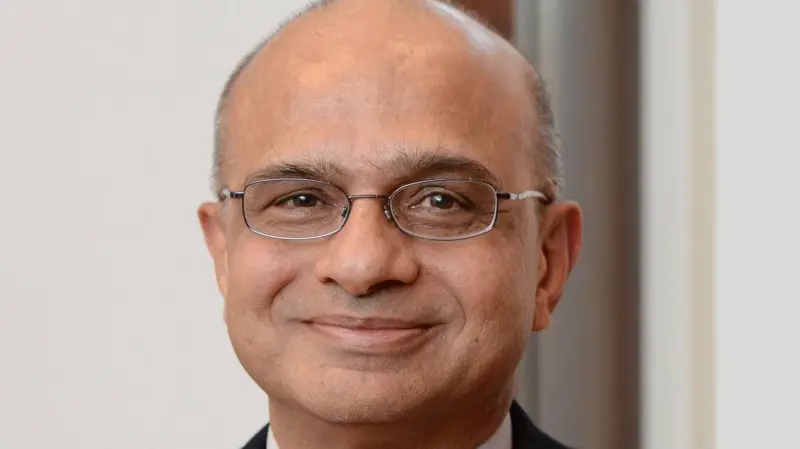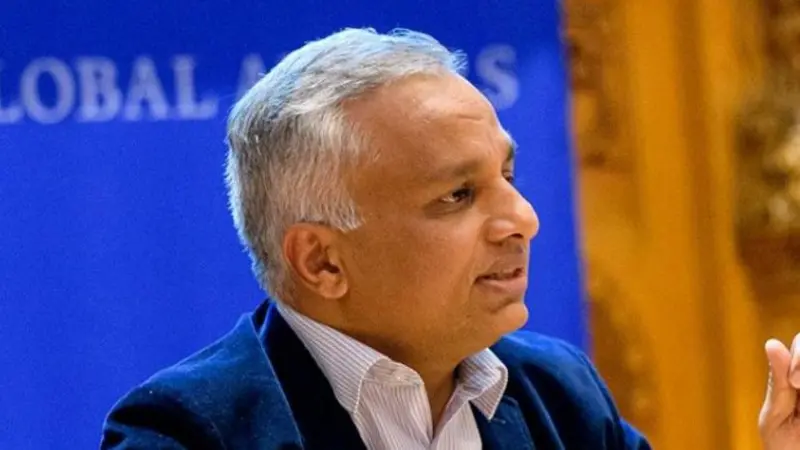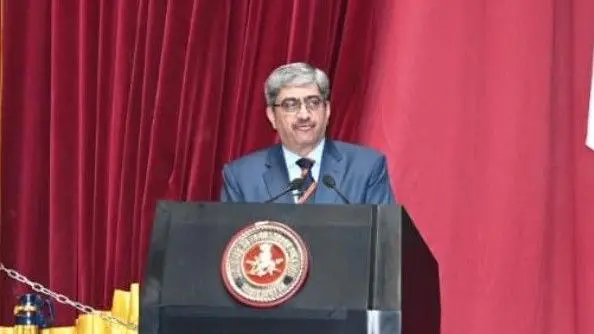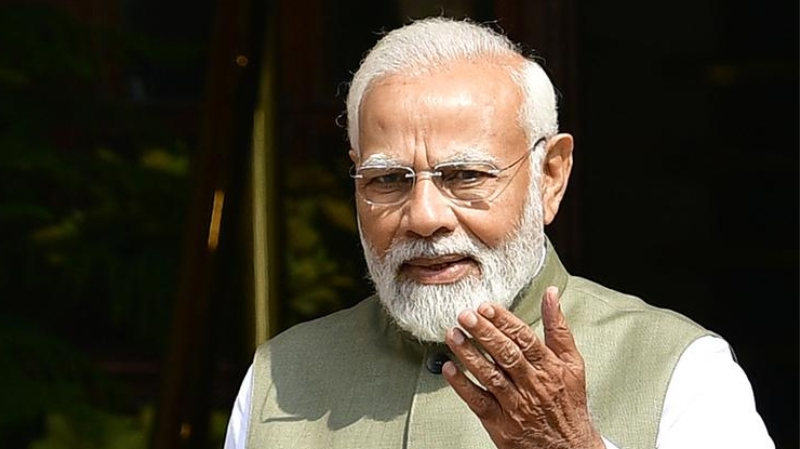Just before the start of the BRICS summit in Kazan, Russia, India’s Foreign Secretary Vikram Misri announced during a press conference that India and China have reached an agreement on the pattern of patrolling on the Line of Actual Control (LAC) in eastern Ladakh.
External Affairs Minister S. Jaishankar also said that the pattern of patrolling in this part of the India-China border will return to the situation of April 2020.
After this, India and China moved one step further in Kazan. After a long gap of five years, bilateral talks were held between Indian Prime Minister Narendra Modi and Chinese President Xi Jinping.
Both leaders welcomed the agreement to reduce tension on the border.
This makes it seem that relations between India and China on the border will now become normal. However many well-known experts who understand India-China relations well are skeptical about this. They are raising questions on this by citing the language of the agreement and China’s stand so far.
Brahma Chellaney, a well-known strategic affairs analyst, reacting to this agreement on a social media platform wrote, “The recent developments between India and China have increased the possibility of melting the ice on their relations. But from the statements of both countries, it seems that their views on the border problem are different. Also, the issues on which they have reached a consensus in recent times are different.”
Disengagement is a long and difficult process – Brahma Chellaney

Brahma Chellaney writes, “From the statements of both sides, it seems that the armies of both the countries will initiate disengagement on the border. They will reduce tension and finally return to their respective areas. But this will be a long and difficult process.”
He wrote, “Now it is clear that the statement of the Indian Foreign Minister on October 21 was given in haste. He had said that an agreement has been reached between India and China regarding patrolling and the armies of both the countries are ready to return to their 2020 positions.”
”Both the countries are still in talks regarding disengagement. But the situation before the covert encroachment by China on the border in April 2020 is unlikely to be restored.”
‘Headline Management’

Defense expert and Yale University lecturer Sushant Singh is also raising questions about the effectiveness of this agreement.
He wrote on the social media platform X, ”As was feared. This is an exercise in headline management. It is not clear what was discussed with China regarding patrolling in Depsang. Also, it is not known what China got in return. No clear path has been given to reduce tension in eastern Ladakh and deployment of new troops.”
Sushant Singh says, ”There has been no discussion from both sides to reduce tension between the armies of the two countries in eastern Ladakh and to stop the deployment of troops. Whereas this was necessary to restore the situation before April 2020.”
He wrote that in the press briefings of the Foreign Secretary, it was made clear that all the rights of Indian soldiers in eastern Ladakh have not been restored because the buffer zones in Galwan, Gogra, North Block of Pangong, and Kailash Range remain intact.
Sushant writes, ”There is a whole group of people in India who underestimated the seriousness of this border crisis with China and now they are making noise about the so-called solution. This is their attitude instead of answering every reasonable question raised in this regard.”
He wrote that there is also a difference in the statements issued after the meeting of Prime Minister Narendra Modi and Chinese President Xi Jinping. The Indian statement said that India and China will contribute to creating a multipolar Asia and a multipolar world. China said, “It believes that both countries should work together for this purpose.”
‘Expectations of resolving all mutual disputes are futile’
Kanwal Sibal, India’s former foreign minister and the country’s ambassador to many countries, said in a program of the news channel NewsX that the meeting of Modi and Xi Jinping is the first important step towards normalizing relations between India and China.
But he also said that the expectations of resolving all mutual disputes between India and China through this meeting would be futile. Instead, he emphasized more on disengagement on the border and then the agreement to withdraw their respective armies from there. He said that disengagement would be the only first step to reduce tension in relations. After this, steps will have to be taken to remove the army and reduce tension. Then both the countries will have to deploy their armies at the places where they were before the tension increased in 2020.
Sibal also said that China has its own geopolitical challenges. Such as its increasing tension with America and Japan and deteriorating domestic economic conditions. Perhaps these reasons must have forced it to think about normalizing its relations with India. China must have seen that the pressure on it is increasing and it has gained very little from this deadlock on the border with India.
‘Will have to be cautious’

At the same time, Gautam Bambawale, who was India’s ambassador to China, wrote in the Times of India on the agreement between India and China to reduce tension on the border that the details will have to be looked into in this matter. Going into the details, it is found that there are very few indications about how the agreement reached on patrolling will work.
He wrote that India cannot ignore its experience with China in the last four and a half years between 2020 and 2024. Due to China, the trust between the two governments has decreased significantly. It can be rebuilt only by moving forward one step at a time. But it will certainly take many years to regain the level of trust that existed between the two countries before the step taken by China in eastern Ladakh.
He wrote, “Unfortunately, India’s Chief Economic Advisor confused people with his roundabout talk about allowing more foreign direct investment from China in India in this year’s Economic Survey. Surely, such a senior official of our Finance Ministry should have asked our national security experts in the government whether it was right to express this view so clearly in an official document.” He wrote. “It was wrong to do so as it sent a message to China that our government is divided on the issue of Chinese investment.” Therefore, India has to be cautious about the way it moves forward with a country like China. Every action of China has to be closely examined and analyzed. There are no immediate solutions in international politics. There cannot be business as usual with China all of a sudden.


